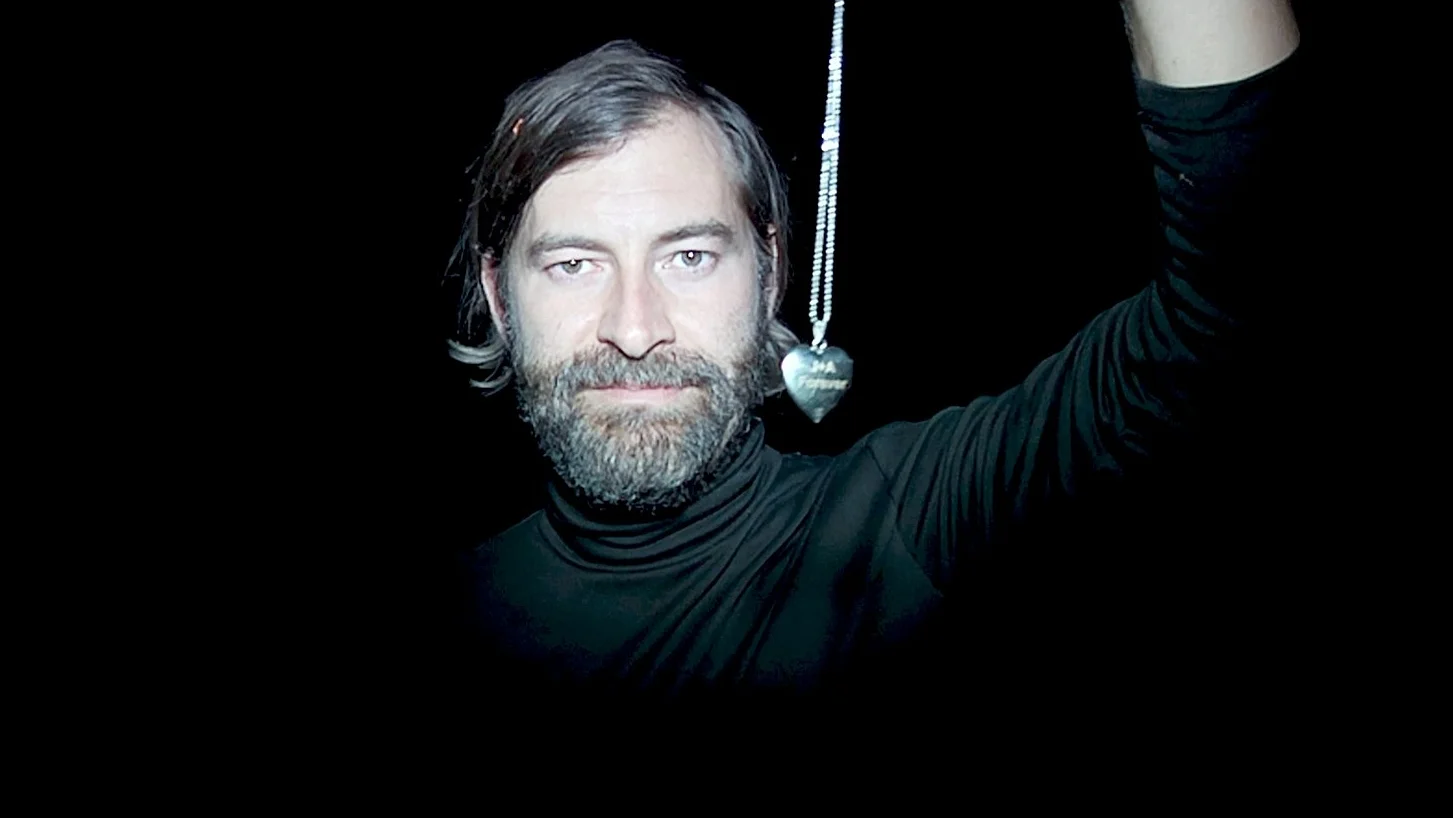Review: Lady Bird
At a point roughly midway through Greta Gerwig’s first solo directorial effort, Lady Bird, the eponymous Christine “Lady Bird” McPherson (Saoirse Ronan, Brooklyn) is pulled into the principal’s office to discuss her college essay. “It’s clear you love Sacramento,” the principal remarks. “Yeah, well, I guess I pay attention,” Lady Bird responds, attempting to slough off the compliment. This moment comes after Lady Bird has spent an entire car ride railing against Sacramento, which—in Lady Bird’s estimation—is a cultural wasteland in comparison to East Coast cities like New York. The principal then asks, “Don’t you think that’s the same thing?”
Lady Bird chronicles the senior year of Lady Bird’s high school experience. Over the course of the year, she comes to express her restlessness and anxiousness to break free of Sacramento through her shifting friendships and romances, her frustration with her parents’ control over her, and her giddy excitement every time a college application response envelope shows up at her front door. She tries new activities, hangs out with a different crowd, and listens to new music in an attempt to release the excited energy of possibility that bubbles up at the cusp of college life. Gerwig’s narrative eschews typical coming-of-age plot structure, instead allowing the meandering of the first two acts of this story, comprised of the lethargic mundanity of all the aforementioned frustrations, to give way to a spectacular finish that helps jolt the picture awake, both energetically and emotionally.
Greta Gerwig’s ode to young adulthood is saturated with moments that recall the waning hours of one’s high school years. It is a film full of nostalgia for a time of possibility and anxious excitement. But it’s also a film that reflects on the lost moments of this chaotic time. Throughout the film, Lady Bird is a character who so desperately attempts to wrest her own identity and change the course or the predestined path that others seem to impose upon her (when asked if Lady Bird is her given name, she remarks, “Yes, it’s given to me, by me.”) that she never lets herself understand the perspectives of those around her. In doggedly attempting to carve her own path, she misses the ways that the place she’s lived all her life has shaped who she is and will come to be.
Many films about adolescence attempt to capture the frustration of trying to be or become one person while the world wants you to become something else. Writer-director Gerwig understands that the true dilemma is not knowing who you want to be and failing to recognize the ways others have shaped you. Lady Bird may meander a bit in its first two acts, but its end is so intentionally reflective and conclusive that I can’t help but admit the journey was worth it. It’s a film that understands the process of growing up can be both a process of growing away from one’s roots while still growing from those roots.
Sydney Sweeney’s new horror film isn’t quite immaculate, but it’s still a bloody good time.
The film by Cazzie David and Elisa Kalani is a smart anti-romantic comedy.
The Daniels’ film is a multi-dimensional visual feast with a beautiful story about family, unlike anything you’ve seen.
The music doc is thoughtfully more about the human connection than the band King Crimson itself.
Deepfakes aside, the latest Levy-Reynolds collabo is a surprisingly entertaining film.
A personal and essential documentary that chronicles the good and bad of America in 2020.
The new doc/concert film hybrid from Nick Cave and Andrew Dominik is something truly special.
The latest requel does the legacy of the classic original film no favors.
A chaotic look at life in Romania in the age of the pandemic and leaked sex tapes, in three acts.
Soderbergh’s latest is a well-crafted thriller that’s some of the best work he’s done in years.
Roland Emmerich’s latest is a popcorn movie in the most old-school sense of the term.
Andreas Fontana’s film is a beautiful but ultimately aimless carousing through Argentinian royalty.
The duo behind Ready or Not take the helm of the Scream franchise with questionable results.
Guillermo del Toro’s old Hollywood throwback might be polarizing for some, but it is ultimately rewarding.
Edgar Wright’s documentary on Sparks makes a fan out of one reviewer.
A brutal revenge film that smartly doesn’t shy away from each bloody step of said revenge.
A delightfully inventive picture that doesn’t quite coalesce in the end.

































